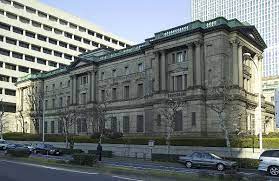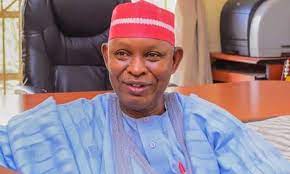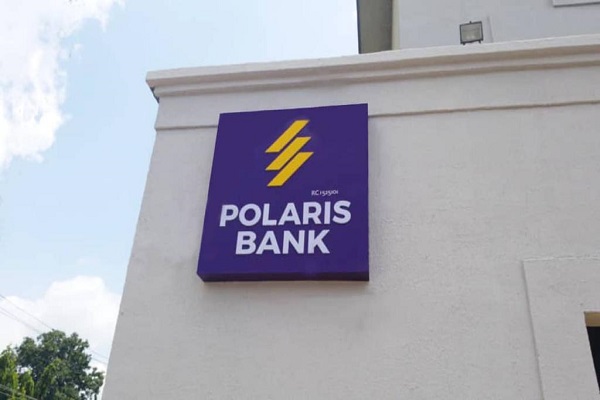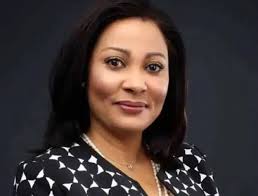Tokyo, March 19, 2024 – The Bank of Japan (BOJ) ended eight years of negative interest rates and other remnants of its unorthodox policy on Tuesday, making a historic shift away from its focus on reflating growth with decades of massive monetary stimulus.
While the move was Japan’s first interest rate hike in 17 years, it still keeps rates stuck around zero as a fragile economic recovery forces the central bank to go slow on further rises in borrowing costs, analysts say.
The shift makes Japan the last central bank to exit negative rates, and ends an era in which policymakers around the world sought to prop up growth through cheap money and unconventional monetary tools.
“We reverted to a normal monetary policy targeting short-term interest rates, as with other central banks,” BOJ Governor Kazuo Ueda said at a press conference after the decision.
“If trend inflation heightens a bit more, that may lead to an increase in short-term rates,” Ueda said, without elaborating on the likely pace and timing of further rate hikes.
In a widely expected decision, the BOJ ditched a policy put in place since 2016 by former Governor Haruhiko Kuroda that applied a 0.1% charge on some excess reserves financial institutions parked with the central bank.
The BOJ set the overnight call rate as its new policy rate and decided to guide it in a range of 0-0.1% partly by paying 0.1% interest to deposits at the central bank.
“The BOJ today took its first, tentative step towards policy normalisation,” said Frederic Neumann, chief Asia economist at HSBC in Hong Kong.
“The elimination of negative interest rates in particular signals the BOJ’s confidence that Japan has emerged from the grip of deflation.”
The central bank also abandoned yield curve control (YCC), a policy in place since 2016 that capped long-term interest rates around zero, and discontinued purchases of risky assets.
But the BOJ said it will keep buying “broadly the same amount” of government bonds as before and ramp up purchases in case yields rise rapidly, underscoring its focus on preventing any damaging spike in borrowing costs.
In a sign future rate hikes will be moderate, the BOJ also said it expects “accommodative financial conditions to be maintained for the time being.”
Japanese shares rose after the decision.
The yen fell below 150 per dollar, as investors took the BOJ’s dovish guidance as a sign the interest rate differential between Japan and the United States likely will not narrow much.
With inflation exceeding the BOJ’s 2% target for well over a year, many market players had projected an end to negative interest rates either in March or April.
Expectations for a shift this week heightened significantly after unions’ annual wage talks with major firms delivered the biggest pay hikes in 33 years. (Reuters)





